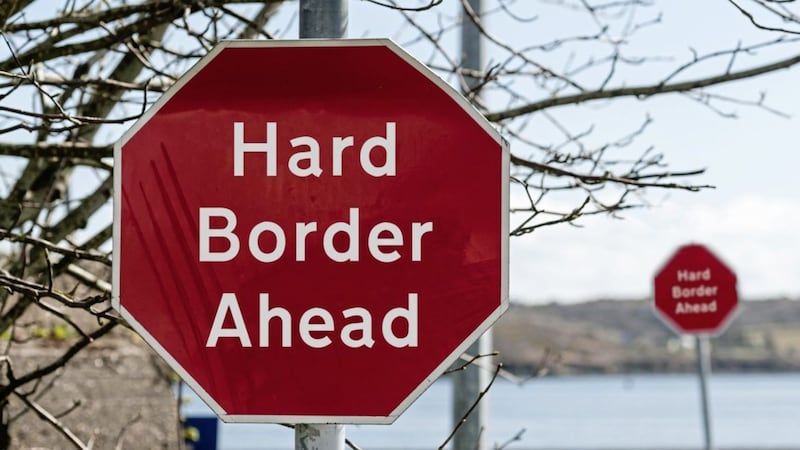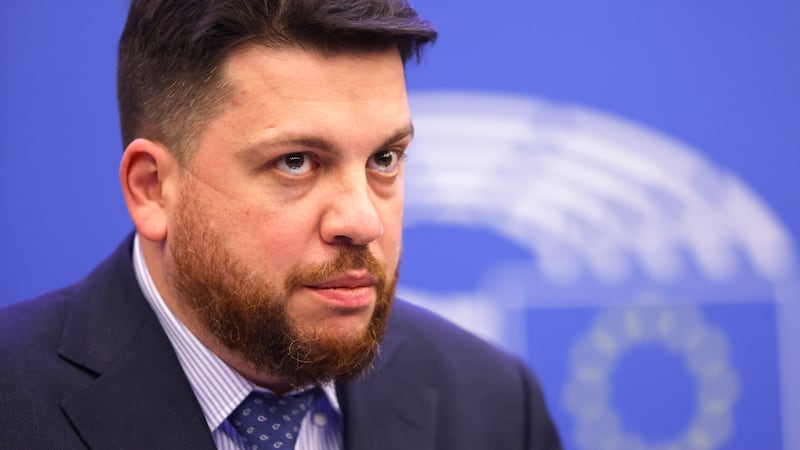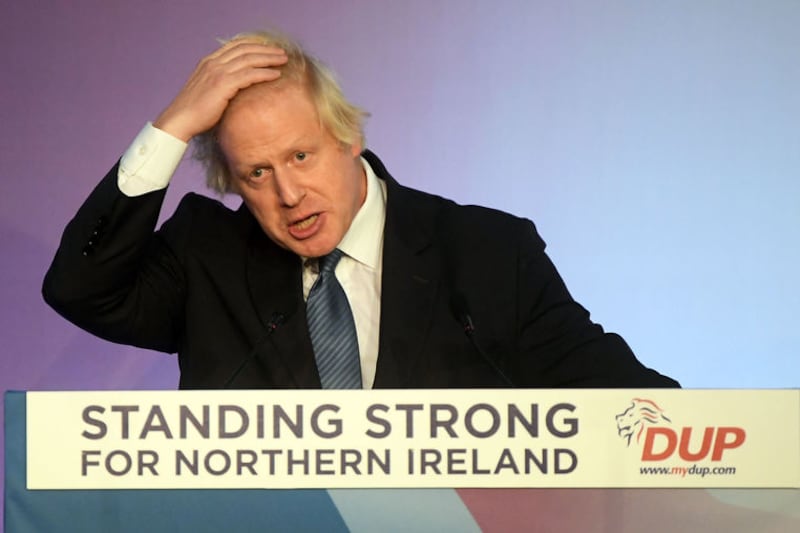THE 'backstop' document which aimed to keep Northern Ireland within the European Union's customs regime is being redrafted to make it more palatable to the British government, according to reports.
The backstop was agreed between the EU and British government in December, but, following a last-minute intervention from the DUP, the government also guaranteed there would be no border along the Irish Sea.
The plan has come under fierce scrutiny, including from Conservative Brexiteers and the DUP who claim it will lead to a sea border.
A backstop will only kick in if no agreement is reached on Britain's exit from the EU.
READ MORE:
- Brexit backstop an 'insurance policy against a hard border'
- Labour Party 'unlikely' to back British government on Brexit deal
- Downing Street slaps down Boris Johnson's claim that he was 'taken in' over Brexit
RTÉ has now reported that EU officials have been redrafting the document.
Proposed changes include allowing British inspectors to carry out checks in UK ports - without EU inspectors - to ensure the union's customs rules are followed.
Theresa May told the House of Commons in February that no British Prime Minister "could ever accept" a backstop which led to a border in the Irish Sea.
It is understood there will be no movement on any proposed changes until after the Tory party conference at the end of this month.
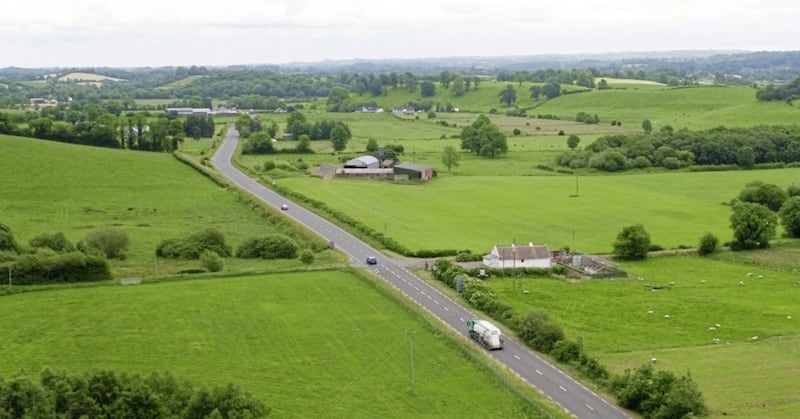
The EU has indicated it could use technological solutions at British ports, including scanning goods using shipping barcodes, to help simplify customs checks between Britain and the island of Ireland.
However, Tánaiste Simon Coveney has said technology will not be used to "solve the border on the island of Ireland question", although it could "help east-west trade".
DUP MEP Diane Dodds welcomed news of possible "technology-based solutions" but warned it will "become null and void if based only on the EU goal of ensuring Northern Ireland remains in a common regulatory and customs areas inside the EU".
Sinn Féin vice-president Michelle O'Neill said the backstop must not only be maintained but "built upon to ensure the north remains in the customs union and the single market... (and) enhanced to include rights protections".
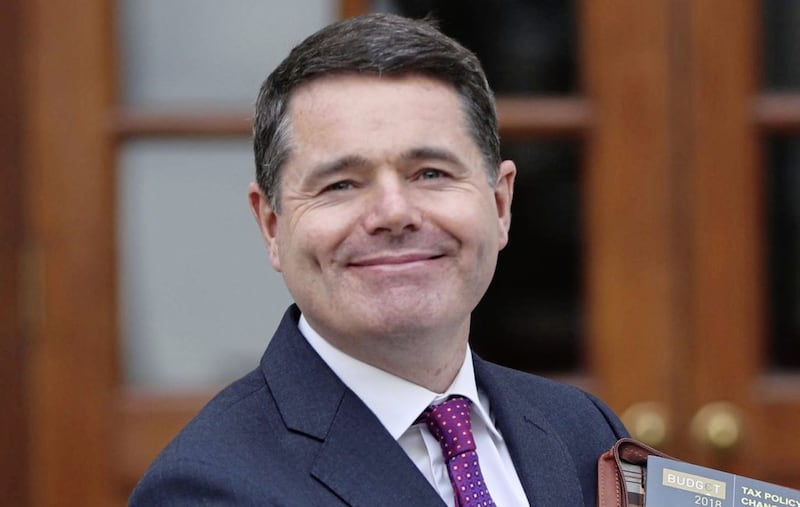
The Republic's finance minister, Paschal Donohoe, told business leaders in Belfast yesterday that a backstop must be in place to give reassurance that there will be no hard border.
"This is about providing certainty for businesses and people living on either side of the border and about protecting the gains of the hard won peace. We are not motivated by any other aim," he said.
"The European Council made it clear in June that nothing is agreed until everything is agreed. This means that there can be no Withdrawal Agreement, and therefore no transition, without an agreement on the backstop."
Ellvena Graham, chair of the Northern Ireland Chamber of Commerce, told Mr Donohoe the British government's Brexit guidance for businesses had "done nothing" to help them prepare and had only "confused them more".
"Therefore the relationship you have with the British government is extremely important to Northern Ireland," she said.
"And it is great to see that Ireland has always been clear that it wants the closest possible relationship between the EU and the UK."
